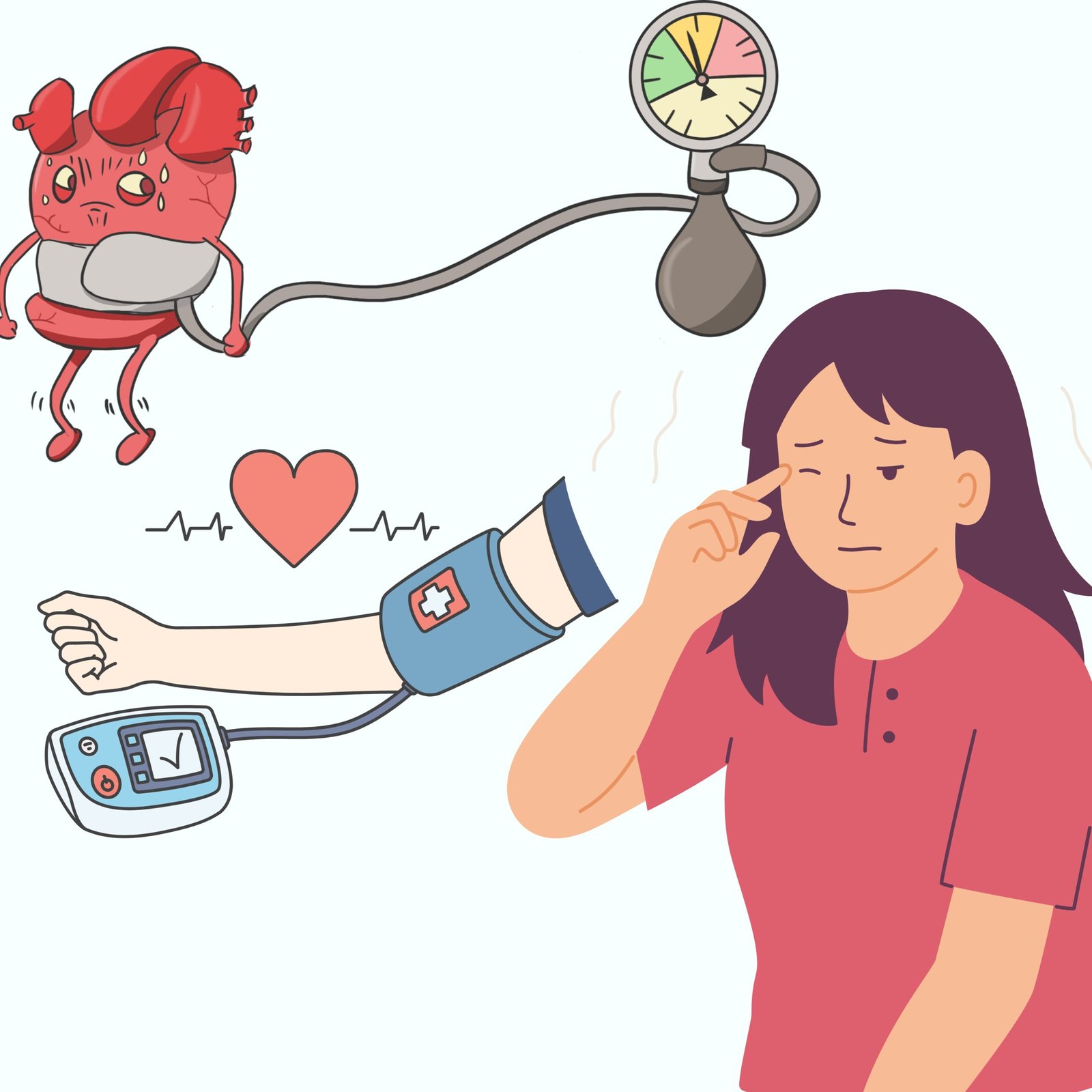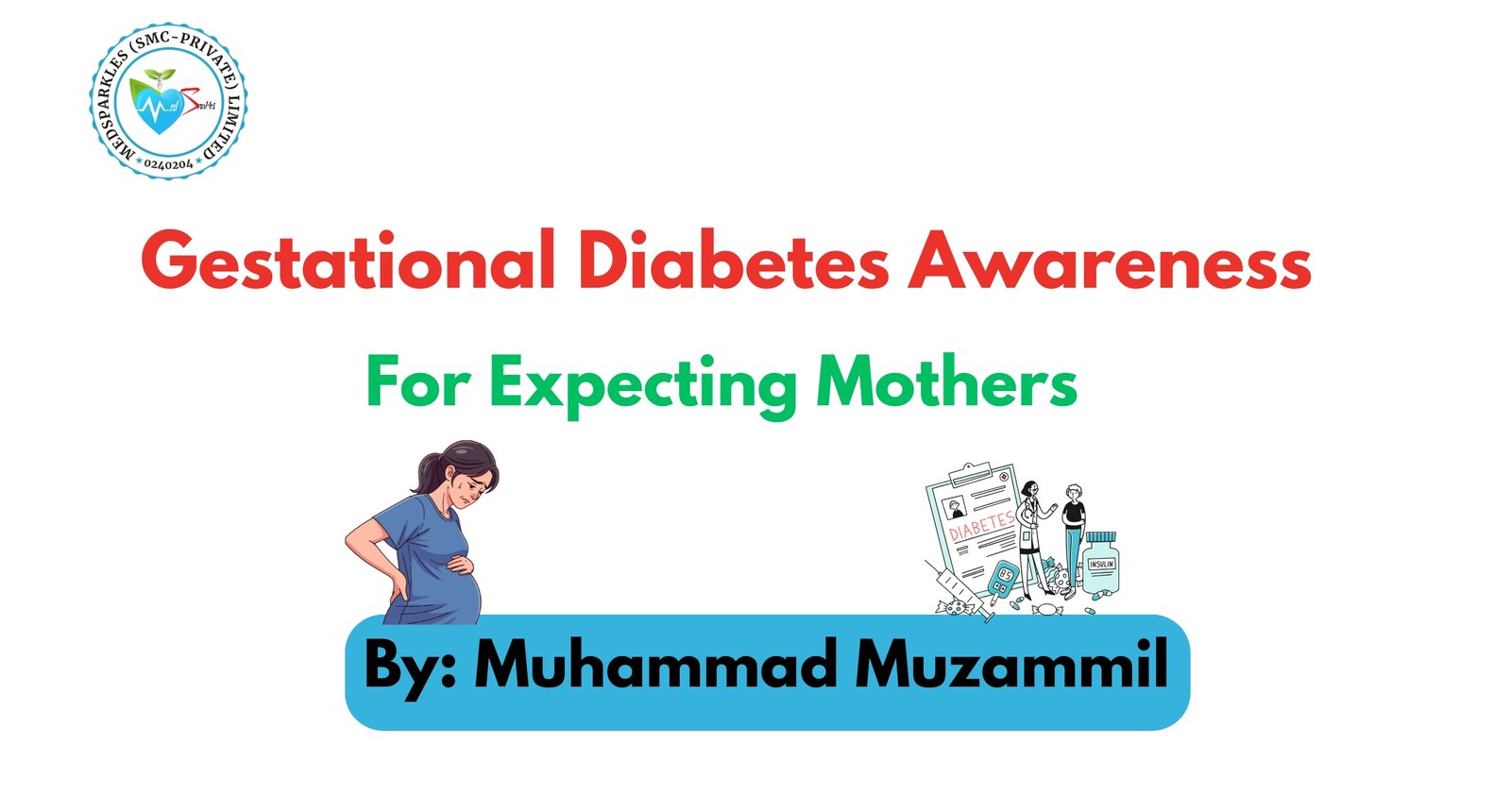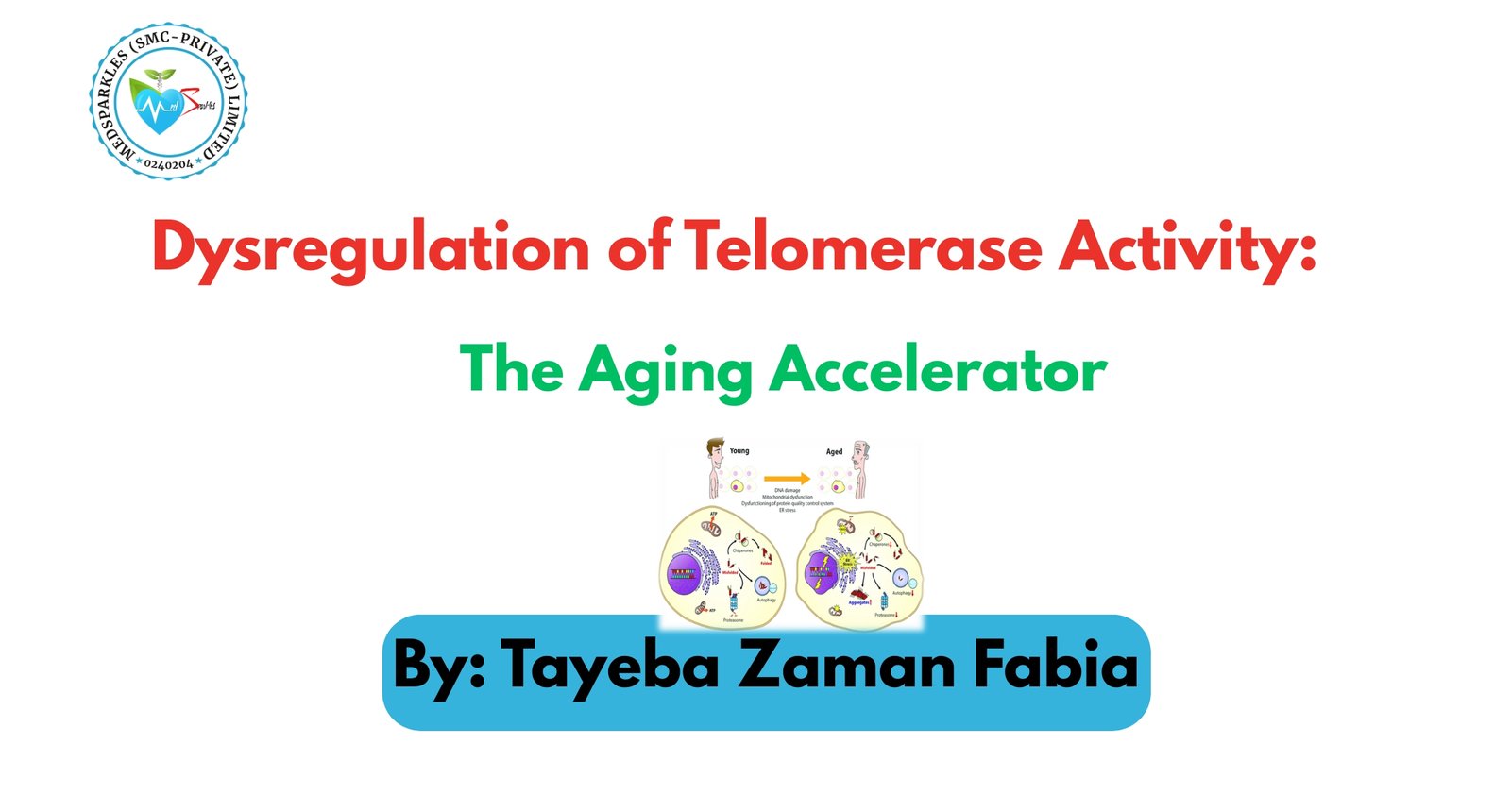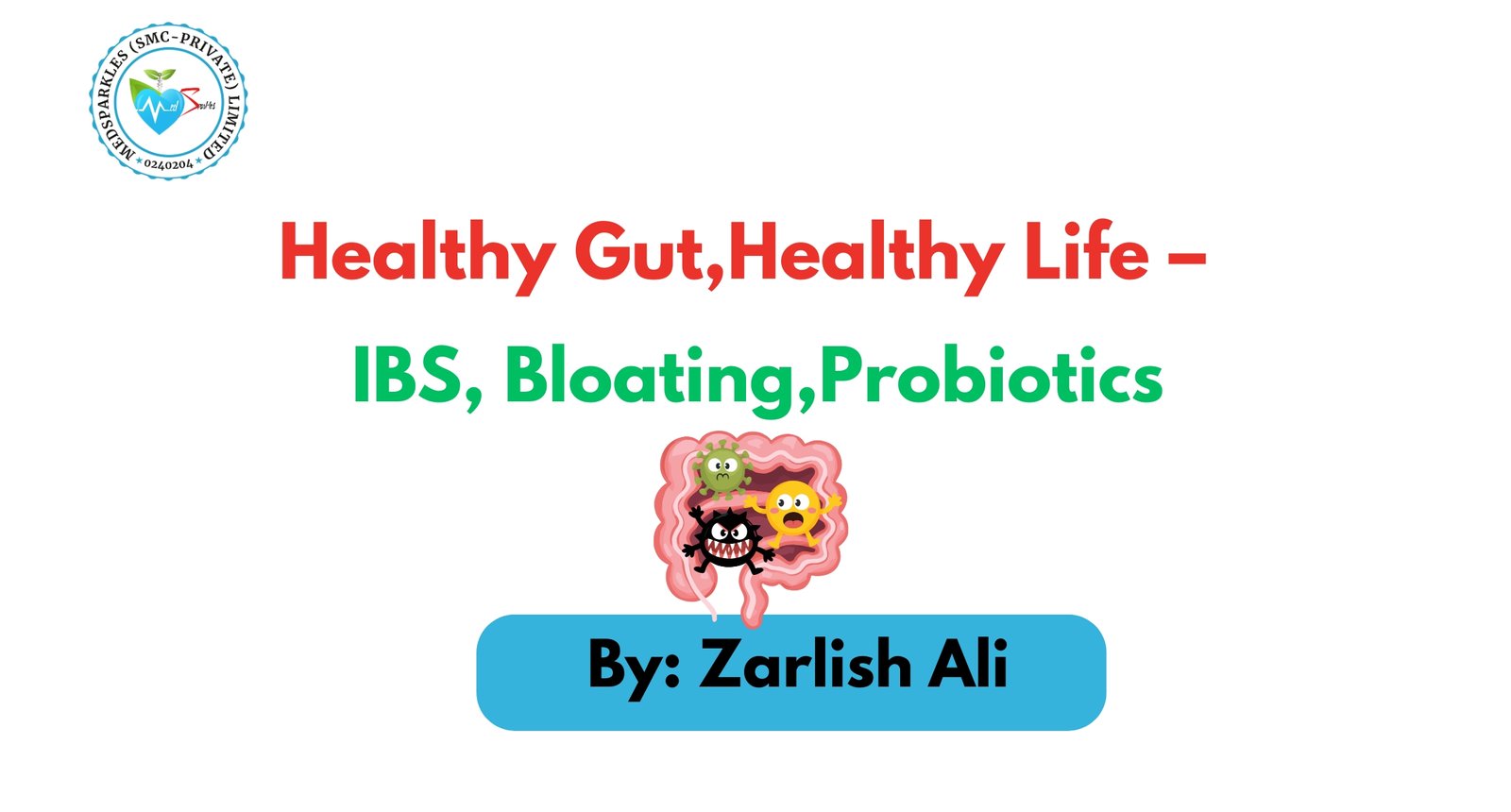Hypertension during pregnancy occurs during the first 20 weeks (about 4 and a half months) of pregnancy. There is no protein in the urine of pregnant women, and there are no other common symptoms. This hypertension diminishes after baby birth.
Hypertension means high blood pressure that is greater than 120/80 mmHg. There are many causes of hypertension, like stress, obesity, old age, and pregnancy. This disease doesn’t show any symptoms; that’s why it is also called the silent killer.
Hypertension in pregnancy is also known as gestational hypertension. Today, high blood pressure during pregnancy is extremely common. It can put you and your baby at risk, but it is treatable. And a mother with gestational hypertension can deliver a healthy baby.
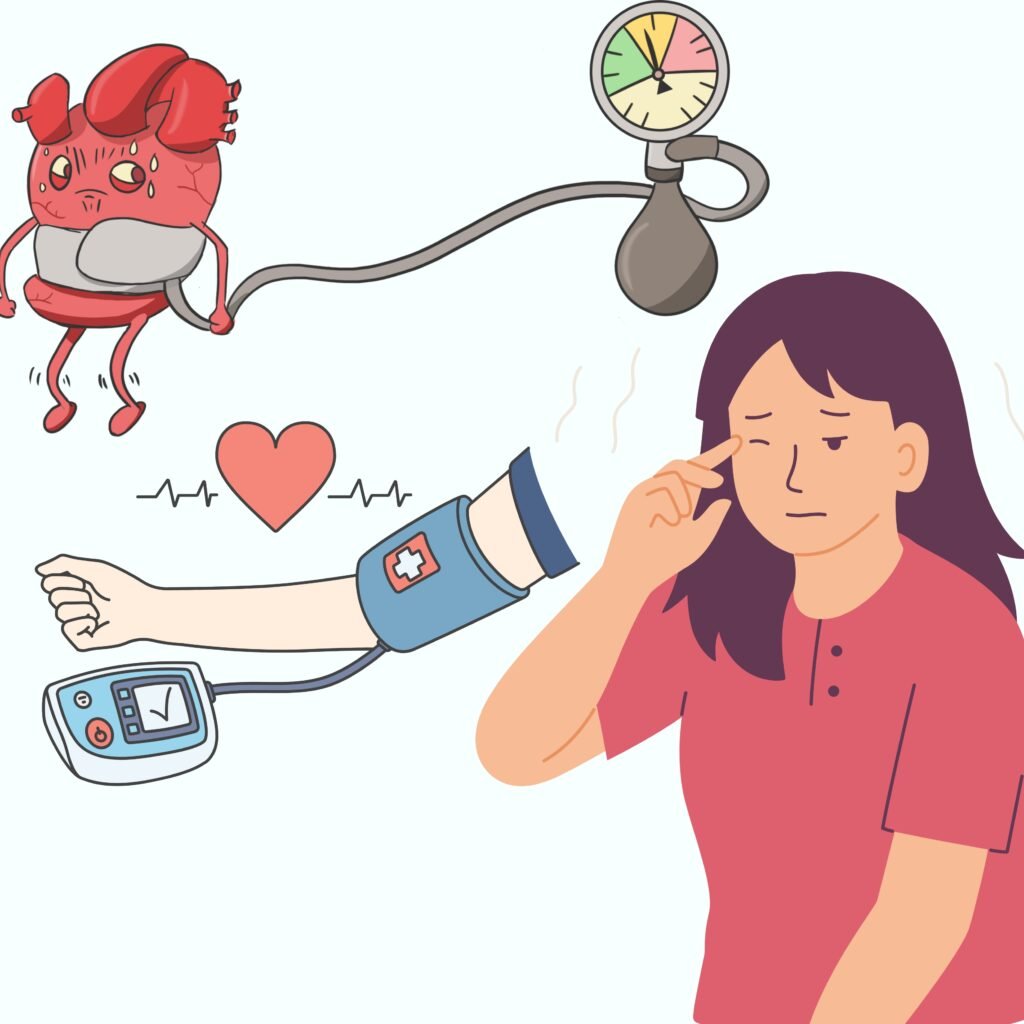
Risks of high blood pressure in pregnancy
There are many risks associated with having high blood pressure during pregnancy. It can lead to many complications, like
Preeclampsia
It is a condition that occurs in pregnant women mostly after the 20th week of pregnancy, but it can also occur earlier.
In preeclampsia, BP is higher than 140/90, and there is also protein in the urine.
Symptoms include headaches, blurred vision, right-side abdominal pain, nausea, and vomiting.
This condition, pre-eclampsia, can be treated with medications during pregnancy.
To avoid any health care emergencies, your healthcare professional will closely monitor your blood pressure.
Preterm delivery
Another risk associated with gestational hypertension is preterm delivery of the baby.
Preterm delivery is the early delivery of a baby before completing a duration of 37 weeks (about 8 and a half months).
Preterm birth leads to serious health complications for newborns, which makes it difficult for babies to survive.
Preterm complications include:
- Less oxygen supply to babies
- Respiratory problems
- Heart-related problems
- Less weight
- Chance to get more infections
How to control blood pressure during pregnancy
There are many ways to control high blood pressure during pregnancy.
Routine checkup
During pregnancy, if high blood pressure persists, go for a routine checkup and ask your health care provider to closely monitor your blood pressure. In this way, keep track of your blood pressure routinely.
Diet
Avoid salty foods and beverages during pregnancy if your blood pressure remains above 130/90 for a long time.
Don’t drink coffee during pregnancy because it increases the chances of miscarriage.
Routine walk
Wake up early and go for a walk. Regular physical activity will help you maintain your blood pressure.
Try deep breathing, as it reduces stress levels and helps control high blood pressure.
Sleep well
Take a good nap during your childbearing period. During sleep, blood pressure falls to a low level. So, sleeping well regulates high blood pressure during pregnancy.
Reduce stress
Stress and anxiety levels go up as women enter the period of pregnancy, and of course, this is due to hormonal changes. During the first trimester, pregnant women are prone to irritation, and depression attacks are quite common.
If all this is combined with hypertension, it can be alarming. Try to control your stress level as soon as possible and manage your mood swings through a healthy routine throughout the day.
The Bottom Line
Hypertension in pregnancy is quite common these days; it is not a life-threatening condition, but it needs to be managed early. Take medication properly as prescribed by the doctor to avoid complications associated with gestational hypertension. You can also consider getting an appointment with a nutritionist to get a healthy diet plan to manage your blood pressure.
